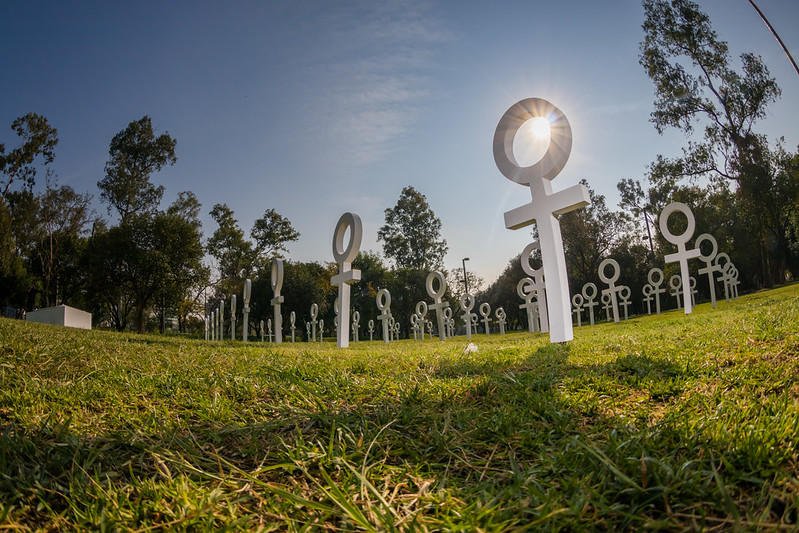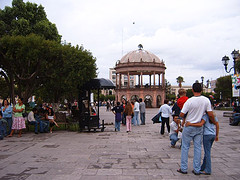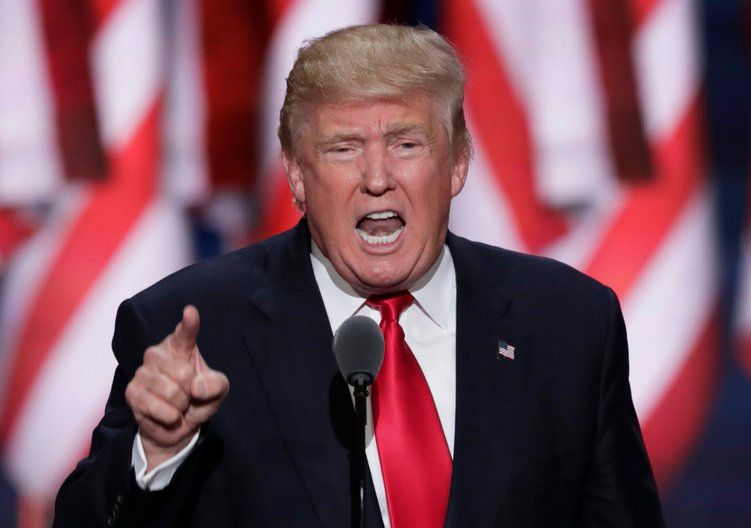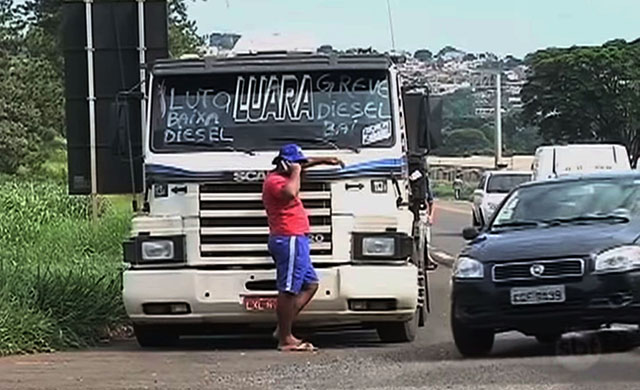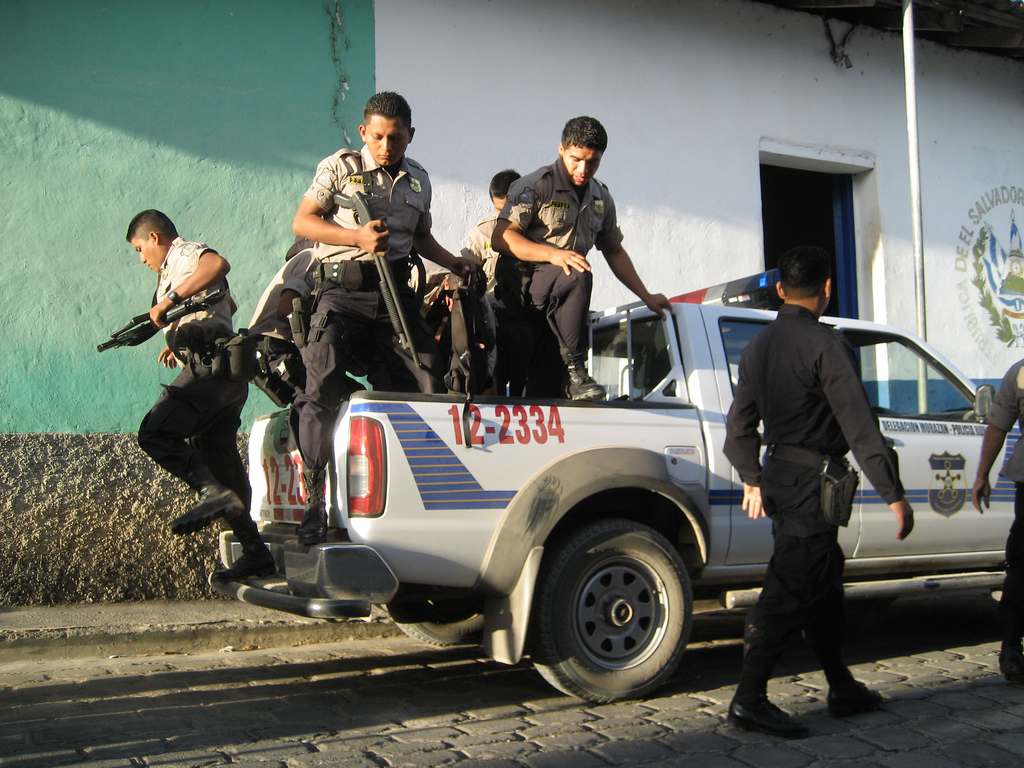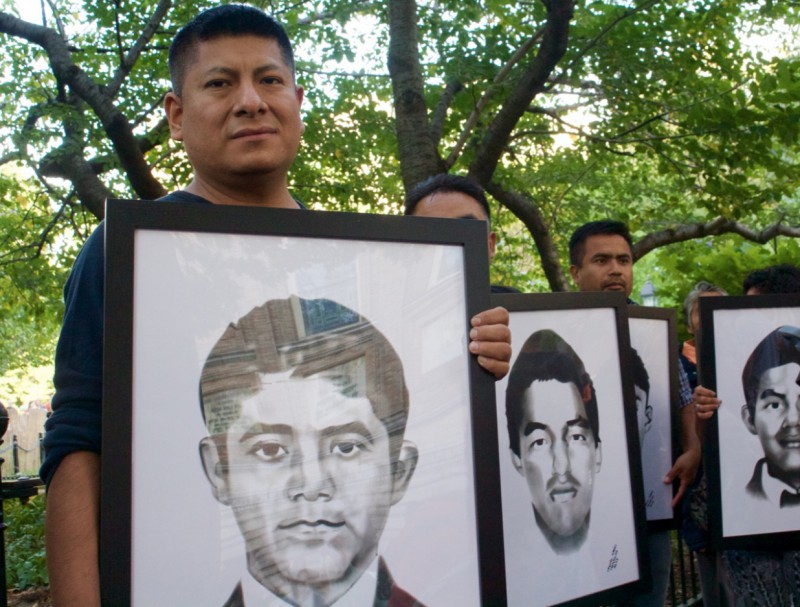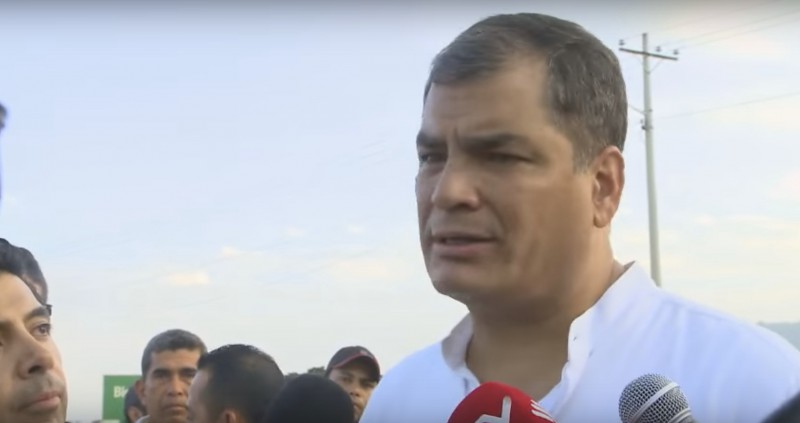
Andes, Ecuador, Latin America: Week in Review
Ecuador Earthquake Reveals Political Fractures
April 22, 2016 By Staff
Top Story — Ecuador’s Attorney General’s Office on Thursday announced that the death toll from a 7.8-magnitude earthquake on Saturday has reached at least 587.
Although the government has set up temporary accommodations for at least 25,000 people in soccer stadiums and airports, Reuters reported, aid has not reached many of those worst affected, especially in rural areas, due to major road damage.
Interestingly, the mobilization in response to the earthquake seems to have taken place in a decentralized manner, contrary to the highly top-down, state-centered approach of most major projects since President Rafael Correa took office nine years ago, wrote Ecuadorian journalist Martín Pallares in an op-ed for The New York Times. Pallares added that some Ecuadorians refused to donate money and supplies to the government, prompting even an opposition politician to urge donors to trust the authorities.
Pallares, a longtime critic of Correa, noted that a popular outcry erupted in the hours following the earthquake, after an official tweet warned of an impending tsunami, creating the perception of government mismanagement.
Correa on the day before the earthquake criticized Ecuadorian and international civil society groups, claiming non-governmental organizations threatened its democracy. Pallares argued that NGOs were central to relief efforts.
On Wednesday, Correa said that in order to pay for an estimated $2 to 3 billion in damages, Ecuador would temporarily raise taxes, sell some assets and potentially issue bonds, Reuters reported. Pallares, for his part, cited an estimate by Ecuador’s former finance minister that the damage could be much worse— up to 5 percent of the gross domestic product.
Reuters also reported that Ecuador’s economy, already due to see near-zero growth this year due to a slump in oil prices, is now likely to contract. Before the earthquake, Ecuador’s government had said a new bond issue would be too expensive due to high interest rates.
While the earthquake has revealed political fissures in Ecuador, it has apparently brought unity to one town there. The New York Times reported on the survival of a Virgin Mary statue in the town of Montecristi, after the collapse of the church that held the statue; residents reportedly believe the statue has brought them good fortune.
Headlines from the Western Hemisphere
North America
- Mexico’s state oil company Pemex announced Thursday that at least 24 people were killed after a leak generated an explosion at one of the company’s facilities in Veracruz on Wednesday.
- Mexico’s President Enrique Peña Nieto said Thursday he plans to ask Congress to increase the limit on decriminalized marijuana for personal use tby 23 grams, a shift that would effectively decriminalize marijuana consumption in an attempt to revamp decades of frustrated drug policy.
- Mexico will be more proactive in improving its relationship to the United States and responding to negative publicity that has arisen during the U.S. presidential campaign, the country’s new U.S. ambassador said in Thursday remarks.
- U.S. authorities in San Diego, California discovered one of the longest cross-border drug-smuggling tunnels between Mexico and the United States, used to transport an “unprecedented cache” of cocaine and marijuana and built in a highly sophisticated manner.
Caribbean
- U.S. hedge fund investors who own Puerto Rican bonds are advising members of Congress to allow the territory to borrow even more money, by having the funds exchange their debt for newly-issued bonds, according to the New York Post, a risky suggestion as Puerto Rico faces a looming debt payment deadline on May 1, but one that would help the funds avoid a “haircut” in the event of a restructuring.
- April 24 will mark the third time that Haiti’s presidential run-off election will be postponed, a delay the Americas Society partially blames on interim president Jocelerme Privert’s call to create a verification commission to review first-round election results.
Central America
- Guatemala protested the killing of a 13-year-old boy in a border dispute that involved soldiers from Belize, an incident President Jimmy Morales called a “cowardly and excessive attack,” renewing tensions between the two longtime rivals.
- An opinion piece by Panama’s vice president in The Guardian takes issue with the international community’s response to the Panama Papers leaks in over-emphasizing Panama’s alleged status as a tax haven, arguing that in reality the leaked documents reveal the global nature of tax evasion and financial crimes.
Andes
- Bolivian President Evo Morales met U.S. presidential candidate Bernie Sanders during the latter’s visit to the Vatican last week, Reuters reports, and afterward tacitly praised Sanders for his critical views on money in politics.
- Colombia Reports investigates the alleged killing of hundreds of vulnerable members of society, including the homeless and drug addicts, 4,928 of whom have been killed between 1988 and 2013, according to a study by the National Center for Historical Memory.
Southern Cone
- Two people were killed in Rio de Janeiro on Thursday when a bike lane built as part of the Olympic project collapsed, raising concerns of graft in a country where major public works are often marked by corruption.
- Brazil’s President Dilma Rousseff will speak at a United Nations event on Friday in a bid to drum up international support and denounce efforts to impeach her, after a series of setbacks that have made her impeachment increasingly likely.
